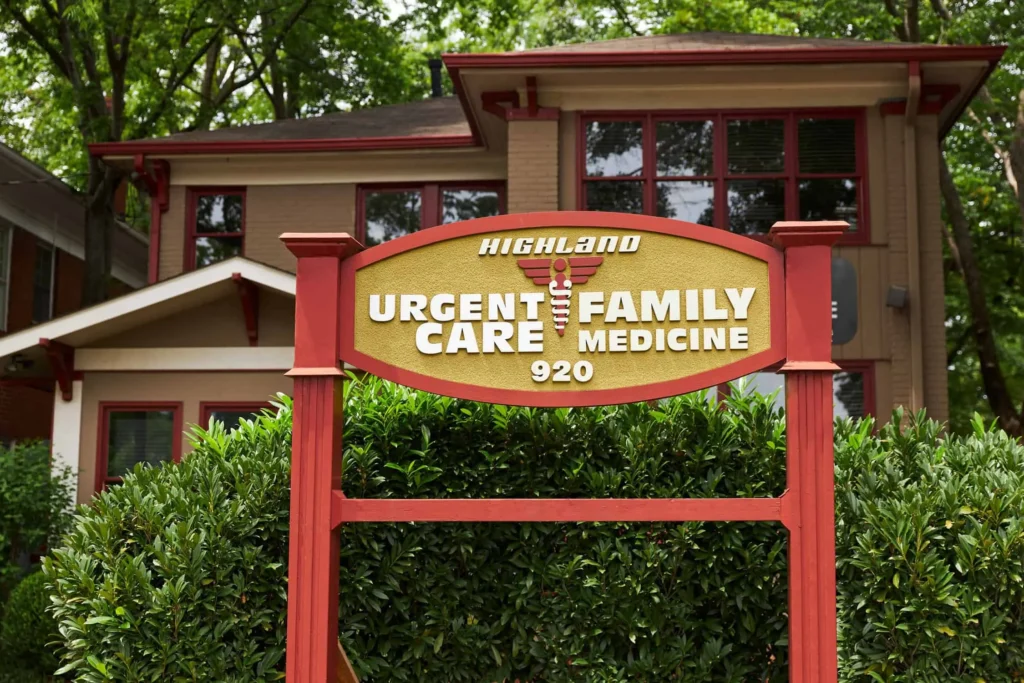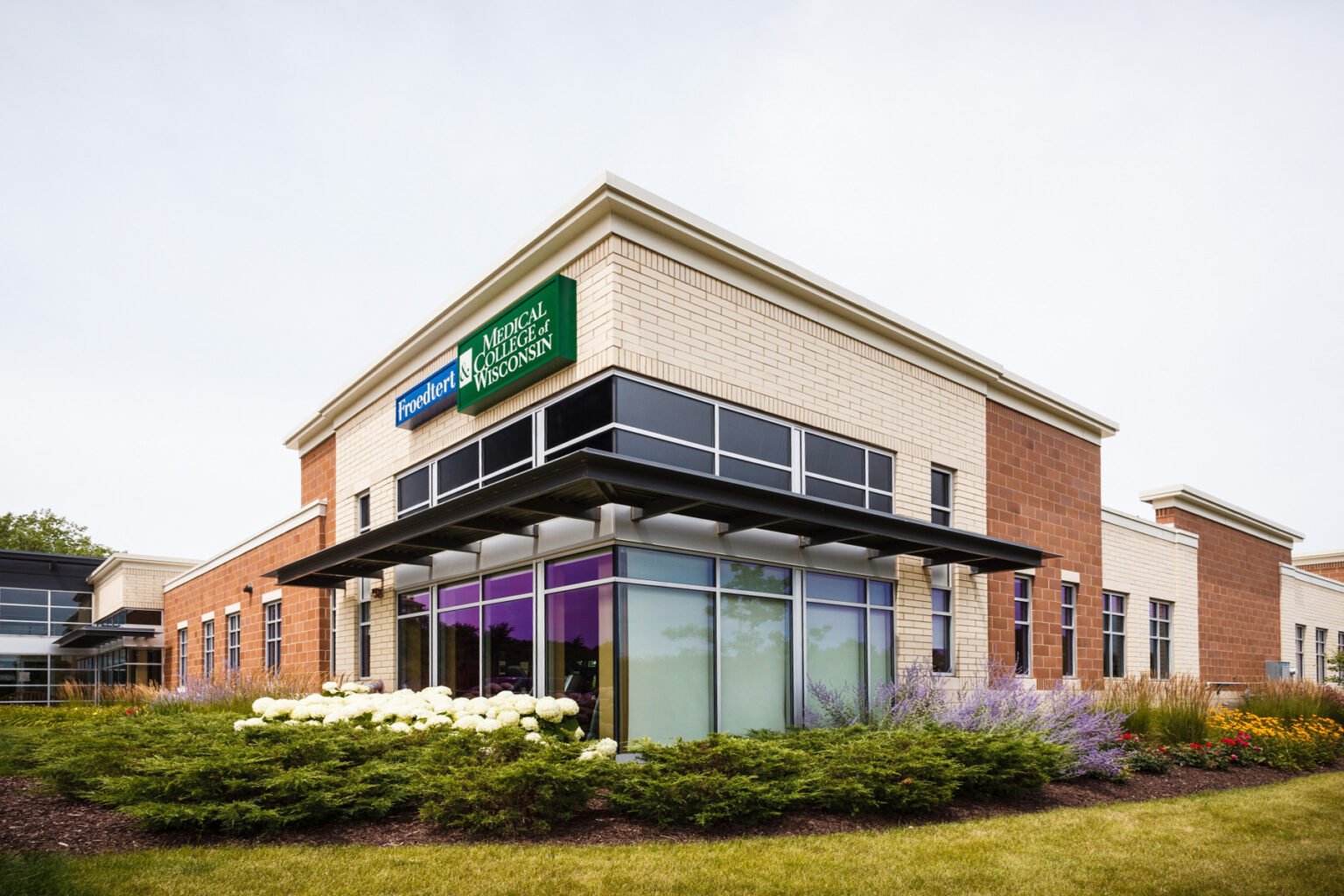Highland health keeps calling me, All began with a basic phone call. “This is Highland Health,” the speaker began, then starting into a spiel on their most recent offerings. It first appeared to be a benign call. Still, the calls started to seem like an unpleasant intrusion as they persisted. Many people have gone through this situation and wonder why Highland Health keeps phoning and what action may be taken about it? This blog post investigates the causes of these calls, looks at pertinent statistics and data, and offers doable advice on how to handle and stop unwelcome health calls.
Why Does Highland Health Call Me Continually?
Like many other health service providers, Highland Health uses outbound marketing techniques to attract possible patients. These calls can be a component of official outreach campaigns meant to let people know about new services, reminder of appointments, or health alerts. Still, they might also result from obsolete contact databases or aggressive marketing strategies.
The function of marketing in the medical field
Highland Health is among the healthcare providers who keep competitive by using several marketing techniques. One way to reach both current and possible patients is via outgoing calls. The Healthcare Marketing Trends Report 2021 claims that phone calls are used in marketing efforts by over 68% of healthcare professionals. Although this strategy is meant to increase patient involvement and retention, occasionally it results in numerous and unwelcome calls.
Old Contact Details
One typical cause of recurrent calls is inaccurate or outdated contact information. Many times, healthcare professionals save extensive patient information databases including obsolete phone numbers. Should a number be assigned to a new user, they could begin to get calls meant for the former owner.
Legal and Regulatory Considerations
One must first understand the legal structure behind marketing. Including calls from healthcare providers, the Telephone Consumer Protection Act (TCPA) limits telemarketing calls. There are some exceptions, too, particularly for calls about health alerts or appointment reminders. Notwithstanding these rules, enforcement can be difficult and results in continuous problems with unwanted calls.
Effects of Unwanted Calls
Unwanted and repeated calls from medical professionals can have various bad consequences. For each person, they might bring discomfort, anxiety, and frustration. A Consumer Reports poll found that seventy percent of respondents expressed annoyance or anger about regular telemarketing calls.
Psychological Consequences
Calls unwanted can cause anxiety and tension. The frequent disruptions might throw off daily activities and cause a feeling of invasions into personal life. Regular unwelcome calls have been linked, according a study in the Journal of Environmental Psychology, to higher stress levels and poorer general well-being.
Affect on Healthcare Provider Trust
Frequent calls from a healthcare professional have the ability to undermine confidence and sour the patient-provider relationship. Patients who start to consider these calls as invasive and manipulative may stop obtaining required medical treatment going forward.
Handling and Stopping Unwanted Health Calls
Sign up via the National Do Not Call Registry.
Registering your phone number with the National Do Not Call Registry will help you to cut unwanted calls most effectively. People can opt-out of getting telemarketing calls using this free service. The Federal Trade Commission (FTC) claims that registering with the Do Not Call Registry will greatly help to lower the frequency of unwelcome calls.
Direct Highland Health Contact
Directly getting Highland Health to remove you from their call list will help if you are getting unwelcome calls from them. Many healthcare providers have procedures in place to respect such requests.
Leverage call blocking tools.
Call-blocking tools available on most cellphones and telecom companies allow one to help control unwelcome calls. Using these tools will help to filter calls from particular numbers or those marked as possible spam.
Track Unwanted Calls
Another useful approach is reporting unwelcome calls to regulatory authorities. Mechanisms in place for people to report unwelcome calls exist both at the Federal Communications Commission (FCC) and the FTC. Enforcement activities against offenders of telemarketing laws can taken using this information.
Frequencies of questions concerning Highland Health Calls
Why would Highland Health be calling me?
Highland Health may be calling you either for their marketing activities or because of outdated contact information. These calls can contain health alerts, appointment reminders, or details about recently added services.
How can Highland Health stop phoning me?
You may get Highland Health straight forward and ask to taken off their call list to stop getting calls from them. To further cut unsolicited calls, register with the National Do Not Call Registry and use call-blocking tools on your phone.
Is Highland Health authorized to phone me?
Under the TCPA, doctors permitted to make some kinds of calls—including those pertaining to health alerts and appointment reminders. They have to respect wishes to stop phoning and follow telemarketing rules, though.
Should the calls go on after I urge them to stop, what should I do?
Should you still get unwelcome calls following a request to get off the call list, you can report the calls to the FTC or FCC. Your phone’s call-blocking tools can also assist in controlling ongoing calls.
Could unwelcome Highland Health calls compromise my health?
Regular unwelcome calls can aggravate tension and worry, which can affect general quality of living. Controlling and stopping these calls will help to lower anxiety and enhance mental wellness.
Exist any tools or programs meant to help stop unsolicited calls?
Indeed, there are a number of applications and apps meant to assist block unwelcome calls. Typical choices are Truecaller, Hiya, and built-in call-blocking capabilities on most cellphones.

Case Studies and Illustration Tools
First case study: successful call blocking
John, a 45-year-old Californian, received regular unwelcome calls from Highland Health among other healthcare providers. John saw a notable decrease in unsolicited calls following registration with the National Do Not Call Registry and activating call-blocking capabilities on his smartphone. This case study shows how well these techniques control unwelcome calls.
Second Case Study: Direct Approach and Fix
Though Emily, a New York 30-year-old, never had any past contact with Highland Health, she got daily calls from them. The calls stopped after Highland Health contacted personally and asked to be taken off of their call list. Emily’s experience emphasizes the need of open contact with the service provider.
For instance: Regulatory Acts
The FTC fined many businesses heavily and issued injunctions in 2020 for breaking telemarketing rules. These acts show the need of governmental control in shielding consumers from unwanted calls.
Statistical Evaluation of Unwanted Calls
Variance in Unwanted Calls
A YouMail analysis estimates that in the United States, 58.5 billion robocalls were generated in 2019; a sizable fraction of these calls are related to healthcare. This figure emphasizes the broad character of the problem.
Sentiment of Consumers
According to a Harris Poll poll, 82% of Americans said they received unwanted calls; 57% of them said these calls caused a significant annoyance. This information emphasizes for consumers the negative effects of unwanted calls.
Call Blocking’s Performance
According to a Pew Research Center analysis, 67% of smartphone users have used call-blocking tools to control unwelcome calls; 88% of those users said their unwanted call count dropped. This number shows how well call-blocking technology works.
The Prospect of Telemarketing in Medical Technological Developments
Reducing unsolicited calls predicted to substantially influenced by technological advancements. The customer experience is probably going to get better with innovations like phone screening driven by artificial intelligence and strengthened regulatory enforcement systems.
Modifications in Regulation
Driven by consumer advocacy and technology developments, continuous revisions in telemarketing rules should help to shield people from unwanted calls. Anticipated are tougher enforcement policies and higher fines for violators.
Consumer Knowledge
Crucially, increasing consumer knowledge of the methods and resources at hand to control unwelcome calls is By teaching people about their rights and the actions they can take to guard themselves, one can assist to lower the frequency and influence of unwelcome calls.
Conclusion
One major cause of stress and annoyance might be unwelcome calls from Highland Health and other healthcare providers. Essential is knowledge of the causes of these calls, their effects, and the actions you may take to control and stop them. You can greatly lower the number of unwelcome calls by using tools including the National Do Not Call Registry, call-blocking technologies, and direct correspondence with service providers. Maintaining knowledge of technical developments and legislative changes will also help shield you from unwelcome calls down the road.

